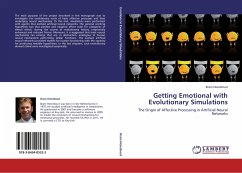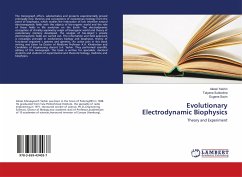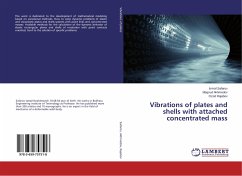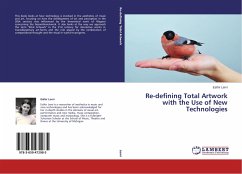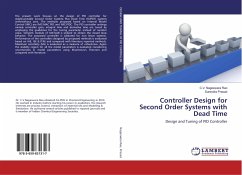The main purpose of the project described in this monograph was to investigate the evolutionary roots of basic affective processes and their underlying neural mechanisms. To this end, simulations were performed with agents that evolved artificial neural networks. The general working hypothesis was that positive and negative affect code for categories of stimuli which, during the course of evolutionary history, respectively enhanced and reduced fitness. Moreover, it is suggested that basic neural mechanisms can emerge that are, in abstraction, analogous to human neural mechanisms performing similar functions. The evolved artificial neural networks provided models for human functioning with the capacity for producing testable hypotheses. In the last chapters, such evolutionary derived claims were investigated empirically.
Bitte wählen Sie Ihr Anliegen aus.
Rechnungen
Retourenschein anfordern
Bestellstatus
Storno

